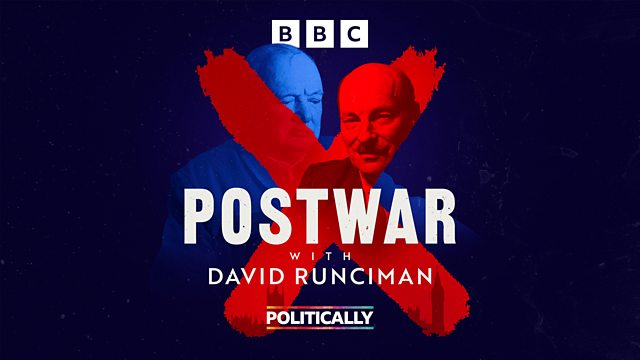10. India and Empire
David Runciman tells the story of the 1945 election and the dawn of a new age. The question of self-government for India would have to be confronted when war was over.
David Runciman tells the story of the 1945 election and the dawn of a new age.
The 1945 general election was one of the biggest shocks in British parliamentary history: a decisive rejection of Winston Churchill and his leadership. The election of Clement Attlee's Labour government in a landslide marked a break with the past and signalled a strong desire on the part of the British people for something new. But it was also a product of Britain's wartime experiences and revealed the many ways in which the country had already changed.
The years that followed -- the postwar years -- would bring about bold and radical reform, the building of a new nation, a 'New Jerusalem'. The Britain of the National Health Service and the welfare state, of nationalised industry and the so-called 'postwar consensus' -- all were ushered into place with this election. This is the Britain that most have us have grown up in and which still shapes an idea of who we think we are.
From different perspectives, both Winston Churchill and Clement Attlee had a long-standing involvement in the question of greater self-government for India. In different ways, for both men it was a defining element of their political lives. And both knew that the issue would have to be confronted when the war was over. And yet India, and questions of Empire more generally, were largely absent from the 1945 election.
Featuring historian Wendy Webster.
Last on
More episodes
Broadcast
- Fri 20 Jun 2025 13:45ÃÛÑ¿´«Ã½ Radio 4
Podcast
-
![]()
Politically
Conversations with leading political figures reflecting on their lives in politics.


